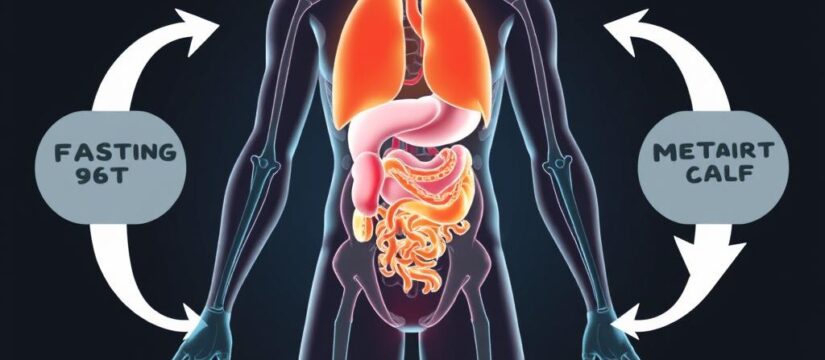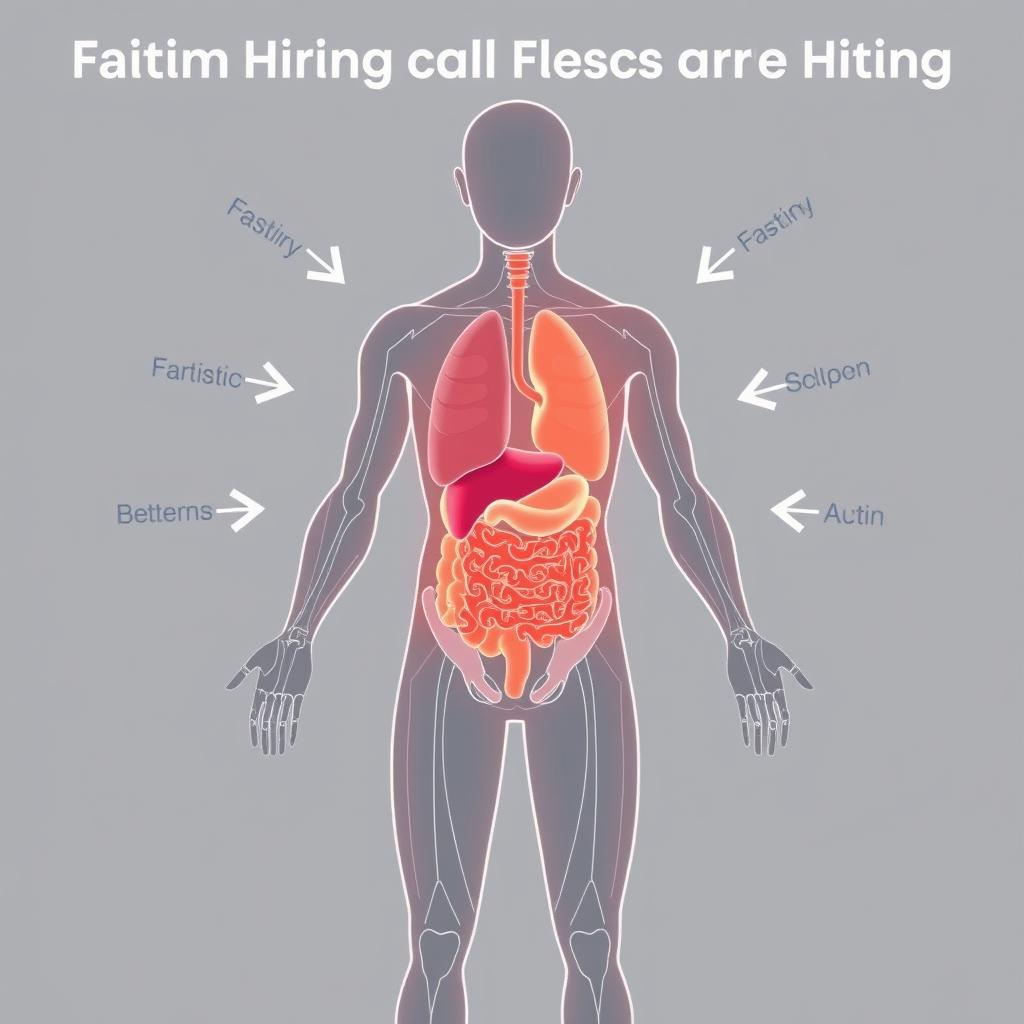
Fasting Sparks Metabolic Activity and May Slow Aging
- September 13, 2019
- 2 Likes
- 375 Views
- 0 Comments
A 58-hour fast triggers a surprise metabolic surge, according to a human study. Researchers measured dozens of blood metabolites before and during extended fasting and found that far more pathways became active than expected medicalnewstoday.com. Key findings include a 60-fold rise in certain metabolites and a boost in compounds linked to longevity. For example, levels of antioxidants like ergothioneine and carnosine shot up medicalnewstoday.com. Fasting also raised metabolites (leucine, isoleucine, ophthalmate) that normally decline with age. The team concluded that “fasting appears to provoke a much more metabolically active state than previously realized” medicalnewstoday.com, suggesting potential anti-aging effects.
What happens during fasting: Once carbohydrate fuels run out, the body switches to fat and protein sources. Blood samples showed expected signs of gluconeogenesis (increased butyrate, carnitines) as well as new surprises. Notably, intermediates of the citric acid cycle (energy production in mitochondria) increased, implying cells revved up their powerhouses medicalnewstoday.com. This mitochondrial “overdrive” could explain why fasting sometimes seems revitalizing. The rise in purine and pyrimidine metabolites implies increased protein synthesis and gene activity medicalnewstoday.com, meaning cells are remodeling themselves under fasted conditions.

Anti-aging clues: The spike in antioxidants is important. In older animals, natural antioxidants drop, leaving cells vulnerable to damage. By boosting antioxidants and “youthful” metabolites during the fast, the body may improve its defense against aging. As Dr. Teruya noted, fasting might have a “rejuvenating effect” not recognized until now medicalnewstoday.com. These molecular changes match animal studies where caloric restriction extended lifespan, offering a chemical hint at why fasting could slow aging.
Limitations: This was a very small study (just 4 volunteers) and short-term. While intriguing, it doesn’t prove fasting will lengthen human life. More research is needed: bigger trials, longer monitoring, and understanding individual variation. Also, prolonged fasting isn’t safe for everyone (e.g. diabetics). But the findings provide a roadmap. By revealing specific “fasting metabolites,” scientists may eventually develop fasting-mimicking diets or drugs that trigger the same pathways without needing days without food.
In sum, the study adds to evidence that fasting does more than just burn fat – it flips metabolic switches that could protect cells and tissues. The take-home: skipping meals for a couple of days might kick your biochemistry into a high-maintenance, repair mode, which over time could contribute to healthy aging. For now, it’s a fascinating clue, warranting further exploration.



Leave Your Comment